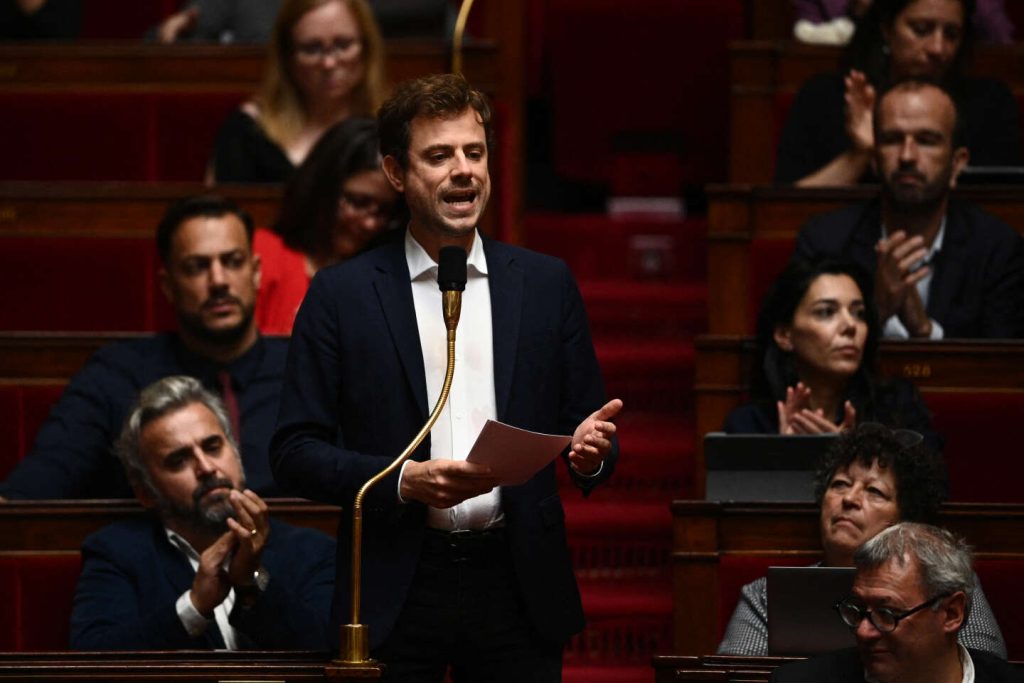The debate over the French model of managing privately contracted education has been reinvigorated by a report presented by Paul Vannier, a deputy from the La France insoumise party, and Christopher Weissberg, a deputy from the Renaissance des Français établis hors de France party. The report highlights the lack of transparency and control in the private education system, stating that the requirements placed on private institutions are not proportional to the funding they receive. This message is particularly significant as it comes from representatives of opposing political parties, one of whom belongs to the ruling party.
The report suggests that the avoidance of debate on this topic, out of fear of reigniting a “school war,” has come to an end forty years after the abandonment of a plan for creating a large public and secular education system by the Minister of Education Alain Savary in 1984. The two rapporteurs advocate for a public oversight and a renewal of the contractual relationship between private contracted institutions and the state. They put forth around fifty recommendations, the majority of which are agreed upon by both deputies, with some being unique to each.
Even before its release, the report sparked reactions from the Catholic education sector, with the secretary general expressing concerns about it being biased. The deputies found a lack of transparency regarding the exact amount of public funds allocated annually by the state and local authorities to the 7,500 privately contracted institutions, 96% of which are Catholic. No administration was able to provide a consolidated amount of this expenditure, which is believed to be underestimated.
The report delves into the need for increased regulation and control of private contracted education, proposing reforms to ensure accountability and transparency in the system. It addresses issues such as the quality of education, financial transparency, and the relationship between private institutions and the state. The recommendations aim to create a fair and equitable educational landscape that benefits both public and private institutions, while ensuring that public funds are allocated effectively and efficiently.
The findings of the report shed light on the challenges and shortcomings of the current system of financing private contracted education in France. By highlighting the need for greater oversight and accountability, the deputies aim to initiate a constructive dialogue on how to improve the relationship between private institutions and the state. The recommendations put forward in the report seek to address these issues and pave the way for a more transparent and effective educational system that serves the interests of all stakeholders involved.
Overall, the report serves as a catalyst for reevaluating the French model of managing privately contracted education and calls for a more robust and transparent system that benefits both public and private institutions. By sparking a much-needed debate on this topic, the deputies hope to bring about positive reforms that will enhance the quality and accessibility of education in France. Through their recommendations, they seek to establish a more equitable and efficient educational system that meets the needs of students, teachers, and society as a whole.


